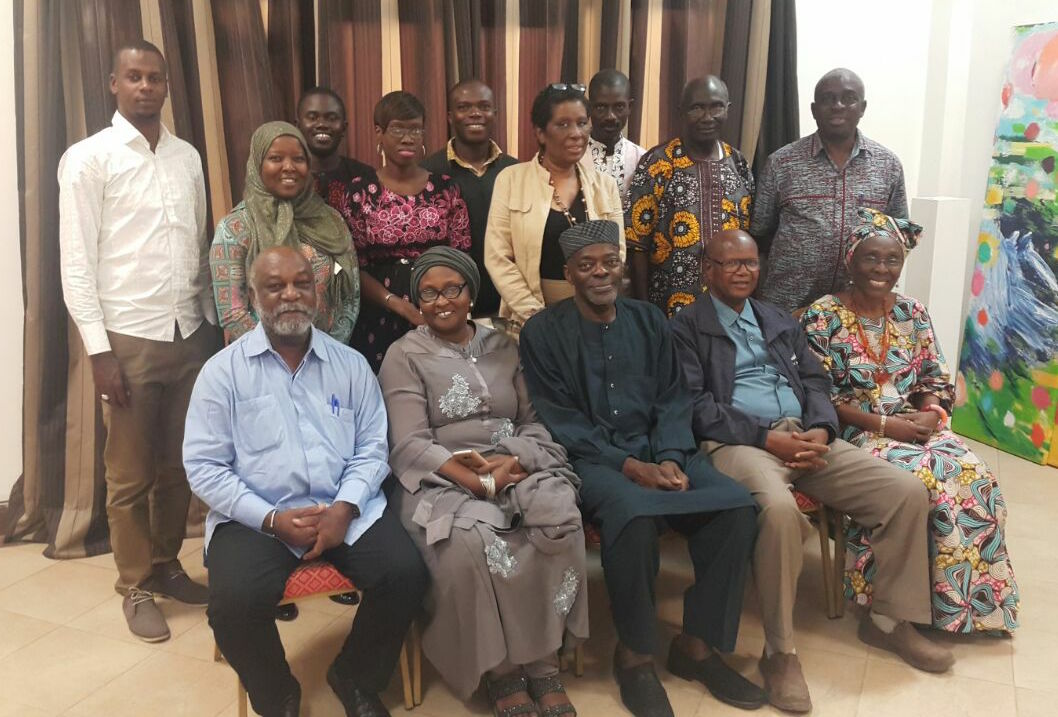
The Board of Directors of the Media Foundation for West Africa (MFWA) has expressed deep concerns about the apparent relapse of democratic governance and the deterioration of media freedom conditions in the West Africa region.
At its recent meeting on February 16, 2022, the Board noted that the recent coup d’états in some countries in the region have very serious implications for democratic governance as well as the promotion and protection of human rights in the region. The concerns of the Board follow military takeovers in Mali, Guinea, and Burkina Faso, and a recent attempted coup in Guinea Bissau.
The apprehension of the Board also comes at a time when there is increasing public concern about a growing atmosphere of state repression against free speech and expression. It also comes at a time when there is an escalation of media rights violations in the form of physical attacks on journalists and media organisations, the application of arcane laws to effect the arrest and criminal prosecution of journalists in nearly all countries in the region.
The Board, therefore, called on the regional inter-governmental body, the Economic Community of West African States (ECOWAS), the African Union (AU), and the international community, to take immediate steps to help stabilise and advance democratic governance in the region.
The board recommended that, as a matter of urgency, ECOWAS member states should jointly deploy their defence resources to fight against terrorists and fundamentalists groups in the Sahel region to help improve security and humanitarian conditions in the Sahel parts of the region in particular and in the entire region.
These, among other concerns, were contained in a seven-point resolution adopted by the Board after its meeting.
Below is the seven-point resolution adopted by the Board:
Resolution by the Board of Directors of Media Foundation for West Africa (MFWA) at its Meeting held on February 16, 2022.
On February 16, 2022, the Board of Directors of the Media Foundation for West Africa (MFWA) held a virtual meeting to review the organisation’s work for 2021 and approve the workplan of the organisation for 2022.
The meeting also focused on discussing a number of major issues affecting the regional context including the spate of democratic recession in the region, declining press freedom and freedom of expression conditions, and the general governance and human rights context in the region.
The meeting, which was presided over by the Chairperson of the Board, Ms. Sophie Ly Sow of Senegal, unanimously adopted and issued this seven-point resolution.
- The Board is deeply concerned about the increasing spate of Coup d’états in the region and the serious implications for democratic governance in the region. In the light of this unfortunate development, the Board urges ECOWAS to take urgent appropriate steps to deal with the underlining factors that set the tone for the military takeovers. The Board also adds its voice to calls for the military leaders in Mali, Guinea and Burkina Faso, to speed up processes for the return to democratic rule in the respective countries.
- The Board also notes with concern, the growing levels of insecurity and humanitarian crisis in many parts of the region and especially in the Sahel parts of the region, which has resulted in the deaths of thousands and the displacement of millions. In the light of the challenge, the Board calls for swift and robust action on the part of ECOWAS to deal with the crisis.
- The Board is of the view that given the scale and severity of the activities of terrorist groups in the Sahel region in particular and the region as a whole, no single country can effectively deal with the situation. The Board, therefore, calls on ECOWAS to, as a matter of urgency, adopt a resolution that will allow member states to pull together their defence resource and deploy a multi-national (ECOWAS) military operation against terrorist groups operating in the region.
- To further enhance and consolidate democratic governance in the region, the Board urges all leaders in the region to respect constitutional term limits and avoid the practice of amending constitutions in order to seek to govern beyond two terms. The Board further admonishes leaders in the region to endeavour to promote and protect the socio-economic and political rights of citizens; fight against corruption, and ensure fair and equitable distribution of national resources.
- The Board expresses sadness about the deterioration of media freedom, freedom of expression and the continuous shrinking of civic space in the region, which has been exacerbated by the sudden and rampant application of laws that criminalise speech and media offences. In view of this development and its severe implications for democratic governance in the region, states in the region are urged to avoid the criminalisation of expression. States in the region are also urged to decriminalise old pieces of legislation that criminalise speech and media offences.
- In the light of the deterioration of media freedom and freedom of expression conditions in the region, the Board notes with profound sadness, the very weak state of national journalism associations in many countries in the region. It calls on the leadership of the various national associations of journalists to take steps to strengthen their respective associations to be able to effectively champion and support press freedom and freedom of expression advocacy in the respective countries.
- The Board is also deeply saddened by the fact that increasingly, a few countries in the region that served as champions for media freedom and free expression, are ceasing their leadership role on those issues, and calls for the resurgence of regional leadership on media freedom and freedom of expression issues. In this regard, the Board welcomes recent commitments by a number of governments around the World to re-energise efforts under the auspices of the Global Media Freedom Coalition, to promote media freedom and safety of journalists around the world.
Adopted, this Wednesday, February 16, 2022.
